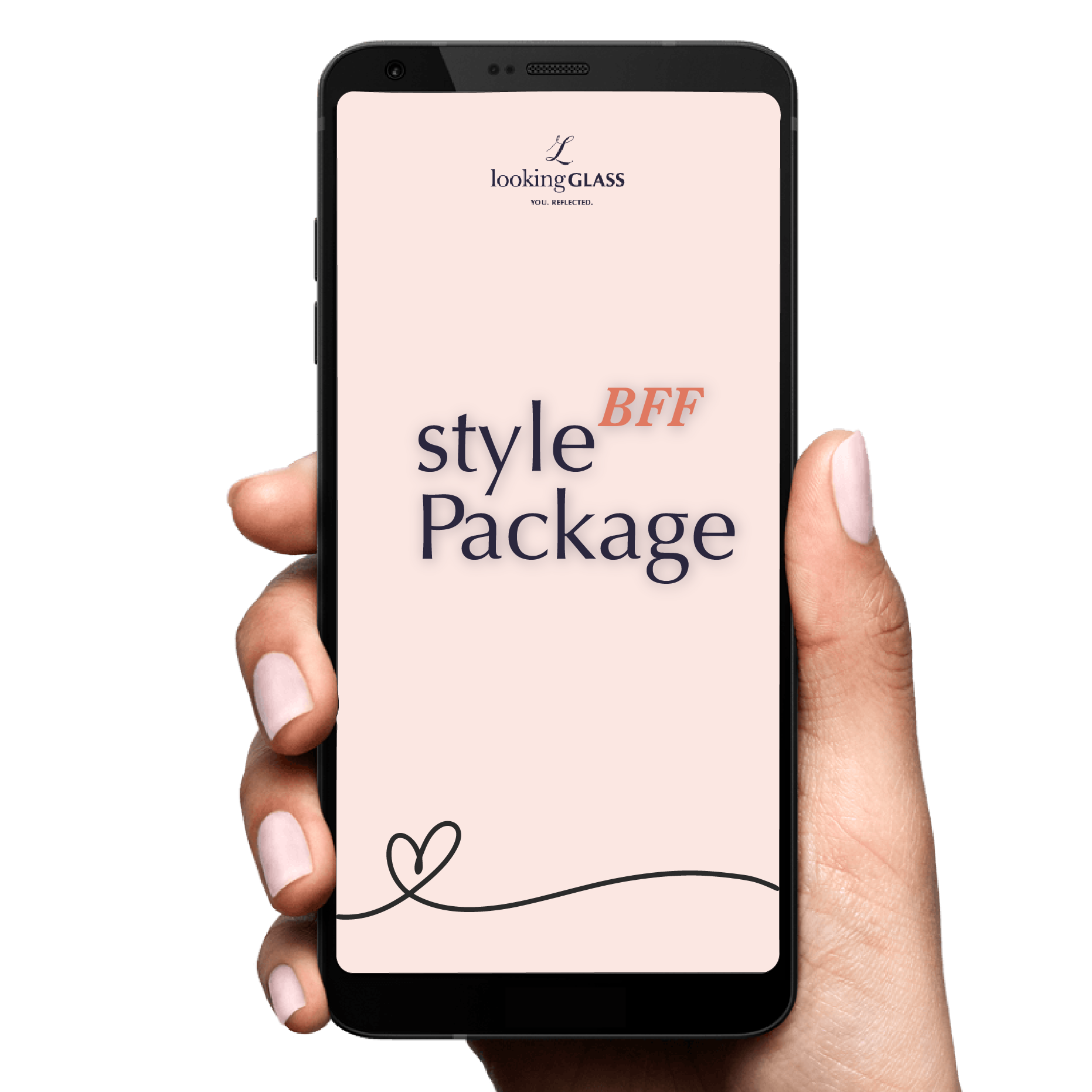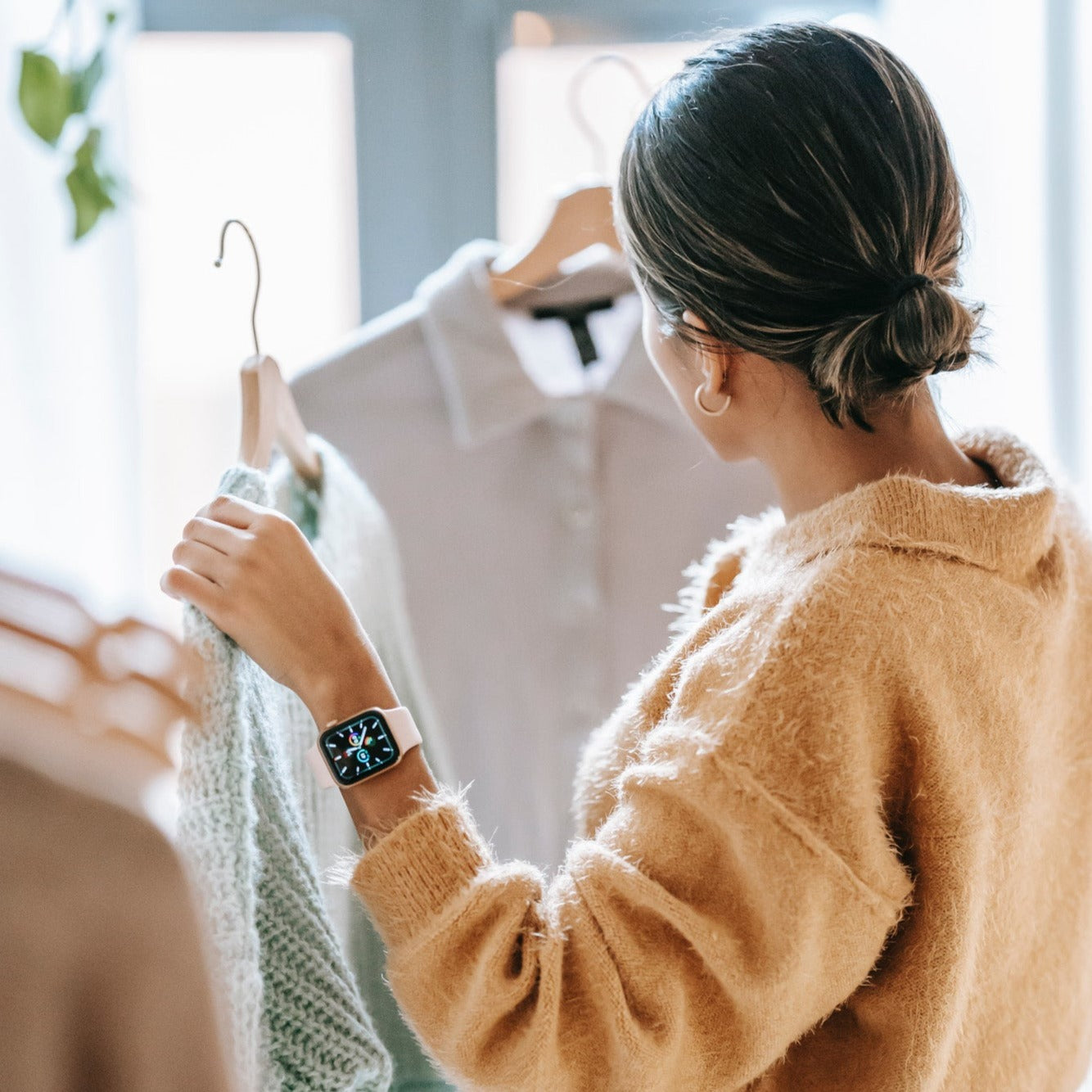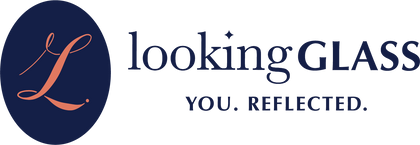Fashion and beauty are often seen as trivial pursuits, but our choices in this area can have a significant moral impact. From the environmental damage caused by the fast fashion industry to the ethical implications of using animal products, there are many factors to consider when making our fashion and beauty choices.
Ethical Considerations in Fashion and Beauty
The Environmental Impact of Fashion
- Water Consumption: The fashion industry is one of the largest consumers of water globally. For example, it takes about 2,700 liters of water to produce the cotton needed for a single t-shirt. This high water usage contributes to water scarcity in certain regions. The fashion industry is one of the most polluting industries in the world. It produces around 20% of global wastewater and 10% of global carbon emissions. The industry also uses a huge amount of water and resources to produce its products.
- Energy Usage: The production of clothing, especially synthetic fabrics, is energy-intensive. The use of fossil fuels in manufacturing and transportation of garments contributes to greenhouse gas emissions.
- Chemical Use: The dyeing and treatment of textiles involve substantial amounts of chemicals, many of which are harmful to the environment. These chemicals can pollute waterways and affect marine and terrestrial ecosystems.
- Textile Waste: The fast fashion model encourages rapid consumption and disposal of clothing, leading to significant textile waste. Much of this waste ends up in landfills or is incinerated, both of which are environmentally damaging.
- Microfiber Pollution: Synthetic fabrics release microfibers when washed, which can end up in oceans and waterways, contributing to microplastic pollution.
The fast fashion industry, in particular, is a major contributor to environmental damage. Fast fashion brands produce new collections every few weeks, which means that they need to produce a lot of clothes quickly and cheaply. This often leads to the use of low-quality materials and unsustainable production methods.
The Ethical Implications of Fashion
- Garment Factory Conditions: Many garments are produced in developing countries where labor is cheaper. Factories in these regions, sometimes referred to as sweatshops, are often criticized for poor working conditions, including long hours, unsafe environments, and inadequate health and safety standards.
- Low Wages: Workers in the fashion industry, particularly in garment manufacturing, often receive wages that are below the living wage. This makes it difficult for them to meet basic needs, perpetuating cycles of poverty.
- Child Labor: In some cases, the fashion industry has been linked to child labor, particularly in countries with less stringent labor laws. Children are employed due to their low wage demands and are often subjected to the same harsh conditions as adult workers.
- Impact on Local Communities: The concentration of garment factories can have significant impacts on local communities, including environmental degradation due to the disposal of chemical waste and the strain on local resources.
- Worker Exploitation: There are instances of workers being exploited with little to no job security, lack of benefits, and in some extreme cases, instances of abuse and forced labor.
The Moral Implications of Beauty Choices
Our beauty choices can also have a moral impact. For example, many beauty products contain harmful chemicals that can damage our health and the environment. Additionally, the beauty industry often perpetuates unrealistic standards of beauty, which can lead to body image issues and low self-esteem.
What Can We Do?
Informed consumerism in the realms of fashion and beauty involves being aware of the environmental and social impacts of products and making choices that align with ethical and sustainable values. Heres how consumers can become more informed and make conscientious choices:
Research Brands and Products
- Brand Transparency: Look for brands that are transparent about their manufacturing processes, labor practices, and sourcing of materials. Brands that provide detailed information about their supply chains are often more committed to ethical practices.
- Certifications and Labels: Check for certifications like Fair Trade, B Corp, OEKO-TEX, or Leaping Bunny, which indicate adherence to certain environmental and ethical standards.
- Sustainability Reports: Some companies publish sustainability reports. Review these to understand their environmental impact, social initiatives, and future sustainability goals.
Use Technology and Resources
- Apps and Websites: Utilize apps and websites that rate brands on various aspects like labor practices, environmental impact, and animal welfare. Examples include Good On You, Think Dirty, and the EWG Skin Deep database.
- Social Media and Forums: Follow ethical fashion and beauty bloggers, influencers, and forums that discuss and review sustainable brands.
- Online Communities: Engage in online communities where you can share information and learn from others who are also interested in ethical consumerism.
Educate Yourself
- Understand the Issues: Educate yourself about the key issues in the fashion and beauty industries, such as fast fashion, waste, labor rights, and animal testing.
- Read and Watch Relevant Content: Books, documentaries, and articles about ethical fashion and beauty can provide valuable insights.
Mindful Shopping Habits
- Quality Over Quantity: Focus on buying fewer, high-quality items that are more durable, rather than cheap, fast fashion items that quickly end up in landfills.
- Support Ethical Brands: Choose to buy from brands that are known for ethical labor practices and sustainable manufacturing.
- Second-Hand and Vintage: Consider buying second-hand or vintage items, which is a form of recycling and reduces demand for new products.
- Minimalism: Embrace a more minimalist approach to consumption, buying only what you need and will use.
Ask Questions and Demand Accountability
- Inquire About Product Origins: Dont hesitate to ask brands about where and how their products are made.
- Demand Transparency: If a brand lacks transparency, reach out to them or utilize social platforms to demand more information.
- Participate in Activism: Join or support movements that advocate for sustainable and ethical practices in the fashion and beauty industries.
Brands and Icons Making a Difference
Several brands and individuals have made significant strides in promoting ethically conscious decisions in the fashion and beauty industries. These examples serve as benchmarks for sustainability and ethical practices.
Ethical Fashion Brands
- Patagonia: Renowned for its commitment to sustainability, Patagonia uses recycled materials, supports fair labor practices, and actively engages in environmental activism. Their transparent supply chain and repair programs set a high standard for ethical practices in the fashion industry.
- Stella McCartney: A pioneer in sustainable high fashion, Stella McCartneys brand is known for not using leather or fur in its products. The brand is committed to responsible sourcing of materials and minimizing environmental impact.
- Eileen Fisher: This brand is committed to organic and sustainable materials, fair wages, and ethical work practices. Eileen Fisher also has a take-back and reuse program called "Renew," which focuses on recycling garments.
Ethical Beauty Brands
- Lush Cosmetics: Lush is known for its policy against animal testing and its commitment to ethical buying and handmade products. The brand also emphasizes package-free (or minimal packaging) products to reduce waste.
- The Body Shop: As one of the early adopters of ethical practices in the beauty industry, The Body Shop has a strong stance against animal testing and is committed to fair trade practices and sustainability.
- Aveda: Focused on sustainable beauty, Aveda is known for its eco-friendly packaging, naturally derived ingredients, and commitment to renewable energy.
Influential Individuals Promoting Ethical Practices
- Emma Watson: An advocate for sustainable fashion, Emma Watson regularly sports ethically-made and sustainable outfits at public events. She also promotes sustainable brands through her social media platforms.
- Stella McCartney: Apart from her brand, Stella McCartney personally advocates for sustainable practices in the fashion industry. She often speaks about the importance of environmental responsibility in fashion.
- Gisele Bndchen: The supermodel and environmental activist uses her platform to raise awareness about sustainable living. She is also a Goodwill Ambassador for the United Nations Environment Programme.
Collaborations and Initiatives
- Adidas and Parley for the Oceans: Adidas, in collaboration with Parley for the Oceans, creates shoes and apparel from recycled ocean plastic, demonstrating a commitment to reducing plastic waste.
- H M Conscious Collection: While H M is a fast-fashion brand, its Conscious Collection line focuses on using sustainable and recycled materials, indicating a shift towards more ethical practices in mainstream fashion.
- BeautyCounter: This beauty brand focuses on transparency and advocates for stricter guidelines in the beauty industry. They are known for their "Never List," a list of 1,800 questionable or harmful chemicals they never use in their products.
These examples represent a growing trend in the fashion and beauty industries towards sustainability and ethical practices, showing that it is possible to combine style, beauty, and environmental consciousness.
Your Support Makes a Difference
The profound impact of our fashion and beauty decisions have on the environment, workers, and global communities. It brings to the forefront the importance of ethical consumerism and the responsibility we hold in making sustainable choices. The article illustrates that while the journey to a more ethical industry is complex and fraught with challenges, the collective effort of consumers, brands, and policymakers can drive significant change. By choosing to support ethical practices, seeking out sustainable options, and prioritizing quality over quantity, consumers can help foster a more responsible fashion and beauty industry. Ultimately, this shift in consumer behavior and industry practices can lead to a future where style and sustainability coexist, making ethical choices not just a trend, but a norm in the fashion and beauty world.
You may also be interested in: Blog Feed lookingGLASS Lifestyle
Shop Now and elevate your style with our personalized styling services.









Title